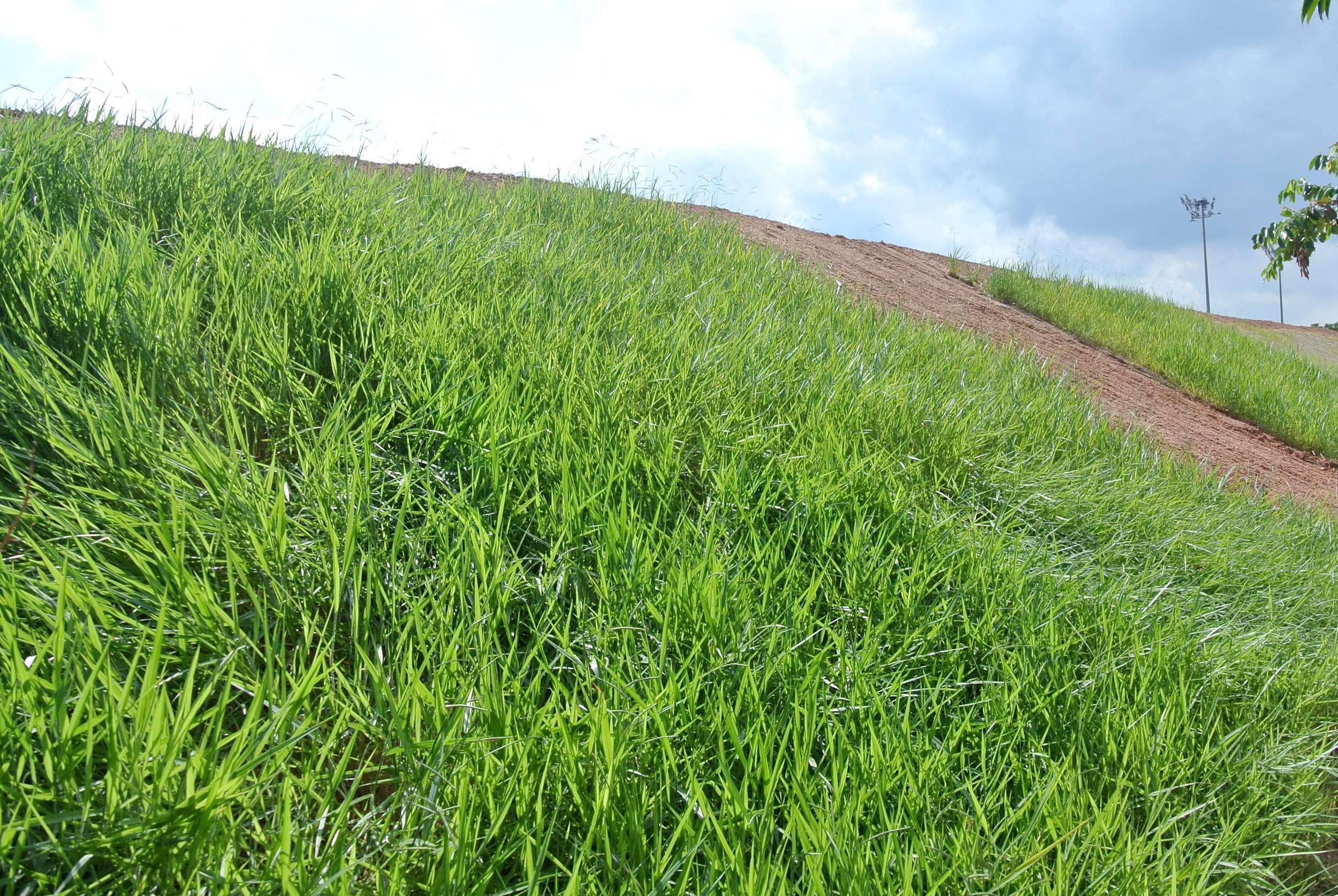Understanding Maryland Department of Environment (MDE) Seed Mixtures and Compliance Requirements
When managing environmental and landscaping projects in Maryland, understanding the Maryland Department of Environment (MDE) seed mixtures is vital for compliance and successful project outcomes. These seed mixtures are not just recommended—they're often required by state regulations to ensure projects contribute positively to the local ecosystem.
What Are MDE Seed Mixtures?
MDE seed mixtures are blends or mixtures of seeds approved by the Maryland Department of Environment, specifically designed to meet the state's environmental standards. These mixtures are tailored for various applications, including erosion control, habitat restoration, and stormwater management. They are crucial for establishing native vegetation that supports Maryland's biodiversity and ecological health.
Requirements for Using MDE-Approved Seeds
Projects that involve land disturbance, such as construction or development, often require the use of MDE-approved seed mixtures. According to Maryland's soil erosion and sediment control regulations, any project that disturbs more than 5,000 square feet of land or moves more than 100 cubic yards of earth must use the approved seed mixtures specified within the job’s MDE permit to stabilize the soil and prevent erosion. These requirements are part of the state's broader efforts to minimize environmental impact during and after construction activities.
Source of Supply Letters: What You Need to Know
In addition to using MDE-approved seed mixtures, project managers are required to submit Source of Supply Letters. These letters confirm that the seeds used on a project comply with MDE standards and are sourced from approved suppliers. Here’s what you need to know:
When to Submit: Source of Supply Letters should be submitted before the commencement of any project requiring MDE-approved seed mixtures. They ensure that the seeds planned for use are compliant with state regulations.
Whom to Submit To: These letters must be submitted to the relevant local soil conservation district or the Maryland Department of Environment, depending on the project's location and scope.
Required Information: The letters must include details about the seed supplier, the specific seed mixtures being used, and confirmation that these seeds meet the MDE's standards.
Choosing the Right MDE Seed Mixture
Selecting the correct seed mixture depends on the specific needs of your project, including soil type, sunlight, and environmental goals. Chesapeake Valley Seed offers a range of MDE-approved mixtures, from temporary to permanent vegetation solutions, ensuring your project remains compliant and ecologically responsible.
Compliance with MDE regulations through the use of approved seed mixtures and Source of Supply Letters is not just about meeting legal requirements—it's about contributing to the health and sustainability of Maryland’s environment. By partnering with Chesapeake Valley Seed, you can ensure that your project is both compliant and environmentally sound.
You can get a copy of MDE Source of Supply Letters here on our website, or if you have questions, feel free to send us a message.

